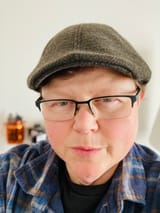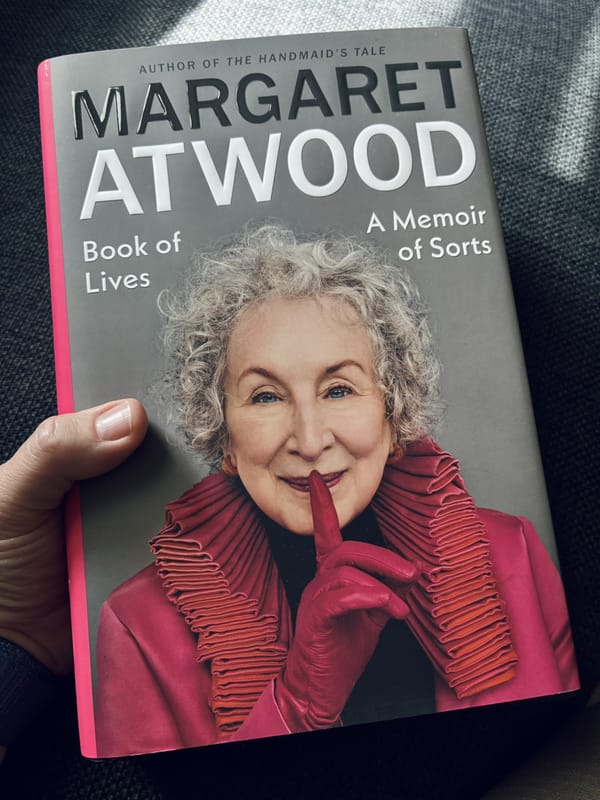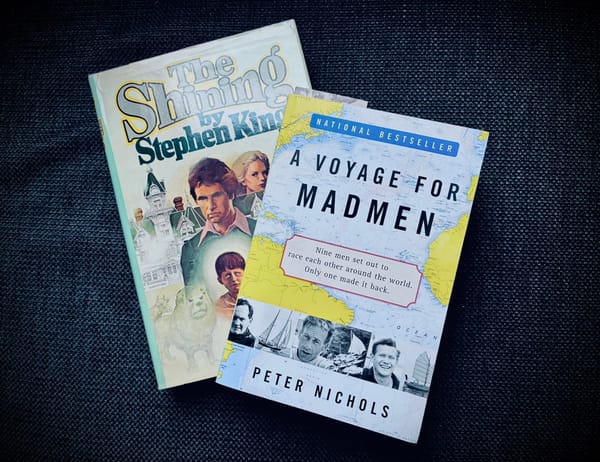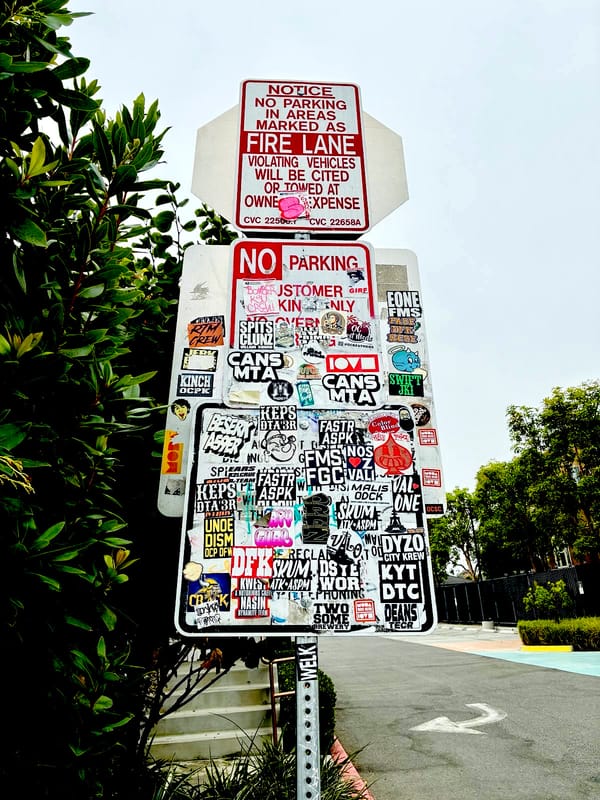I've Just Read The Shining
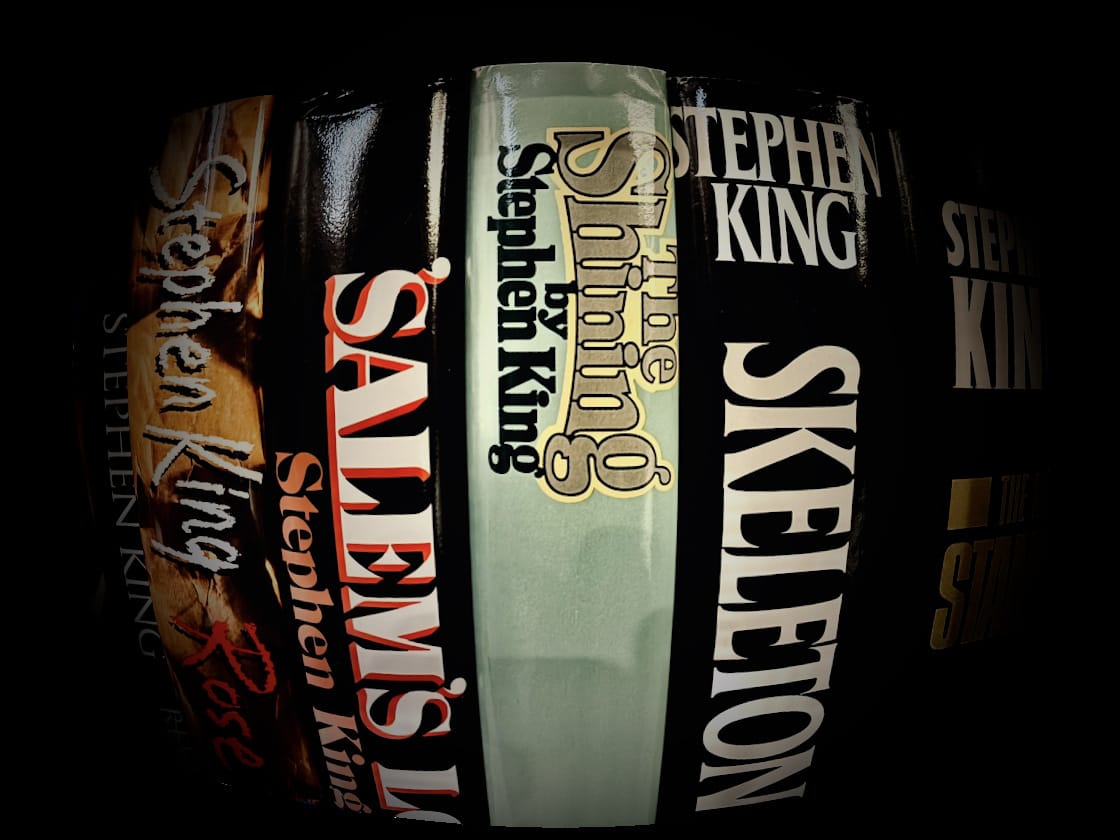
This is not a review of Stephen King's The Shining. It's 2025. The Shining was originally published in 1977. It's been adapted to film and to a television miniseries. It's seen a sequel and a film adaptation of that sequel. No one needs me to review The Shining. I don't need me to review The Shining. We've all got enough shine in us to have some notion of what the book is and what it's about.
In fact, despite how much I love Stephen King and (most of) his work, I didn't even want to read The Shining. I've seen at least part of Stanley Kubrick's adaptation of the book, and I, personally, have enough shine in me to know that the story isn't in my wheelhouse. King's prolific enough that I feel OK with calling myself a fan without feeling obligated to read everything he publishes, and without expecting that every book he writes (or has written) will be one that I would enjoy reading.
I also suspect that my aversion to one of his novels isn't apt to hurt Sai King's feelings.
Alas, there came a catalyst: The Haunting of Bly Manor writer Jamie Flanagan is working on putting together a short fiction anthology titled Views From the Overlook. It's set to be published in 2027, and—along with all of the invited, established authors who have agreed to participate—Flanagan is "looking for a new voice". You can read the guidelines for potential new voices here.
Note that those are updated guidelines, dated October 22nd of 2025, with a URL that ends in "guidelines-2". I originally got wind of the Views From the Overlook project via a post on The Horror Tree, which cited an October 15th post from Chuck Palahniuk's Plot Spoiler.
Those October 15th guidelines were nice and narrow and enticing and fun, and if I wanted to play along, at all, I would have to read The Shining.
So here we are. Having made it through the book via a combination of e-book (good for reading in bed without disturbing my wife, and for reading on the stationary bike) and audio book (good for listening to while I work around the house), I'm only more convinced that my King wheelhouse steers closer to The Stand, The Dark Tower, Pet Sematary, It, The Dark Half, Needful Things, Dolores Claiborne, Desperation, Bag of Bones, Dreamcatcher, Lisey's Story, Revival . . .
Hell, just pick one. It doesn't matter which one. The point is that my literary wheelhouse steers away from The Shining—especially as a 50-something woman, who is also married to a woman, reading the novel in 2025.
I'm pretty sure that the phrase "toxic masculinity" wasn't in wide-spread use back when King wrote The Shining, but Jack Torrance certainly had a lot of it going on. For me, Torrance's view of himself as a man and what a man should be—particularly in respect to his wife and child—poured the way for the Overlook Hotel to spill right into his psyche every bit as much as his alcoholism did.
So, no, Jack Torrance was not a good person who was just overwhelmed by the supernatural influence of the hotel.
Jack Torrance was a bad person whose alcoholism, sexism, violent temper and ego all played a role in him being overwhelmed by the supernatural influence of the hotel.
And, to be fair, I didn't care much for Wendy Torrance, either. She thinks womanish like it's a bad thing.
So I really didn't want to spend time with two of the book's four point-of-view characters.
That said, I spent the book visualizing Steven Weber as Jack Torrance and Shelley Duvall as Wendy Torrance. Danny Torrance was my own conjuration of what Wil Wheaton must have looked like when he was five years old. For Dick Hallorann, my mind's eye glanced back and forth between Scatman Crothers as he appeared the Kubrick film and Samuel L. Jackson as he appeared in Pulp Fiction, but it cast most of its gazes Jackson's way.
Clearly, I don't necessarily need for my own hodgepodge perceptions to align with canon, whether it be King's or Kubrick's.
In the end, this was still a Stephen King novel.
It was still weird and creepy and well-written, and I'm glad to have read it.
And I don't plan to read it again.
